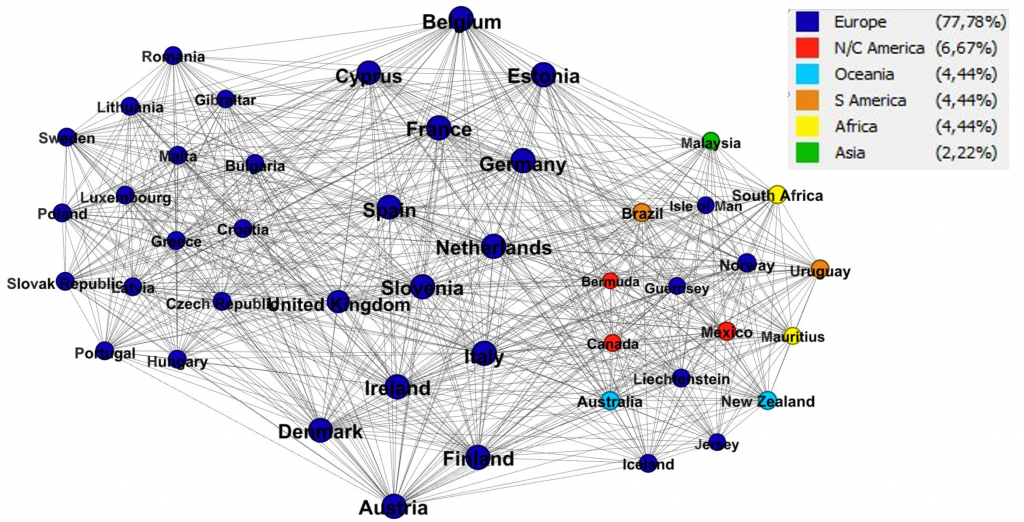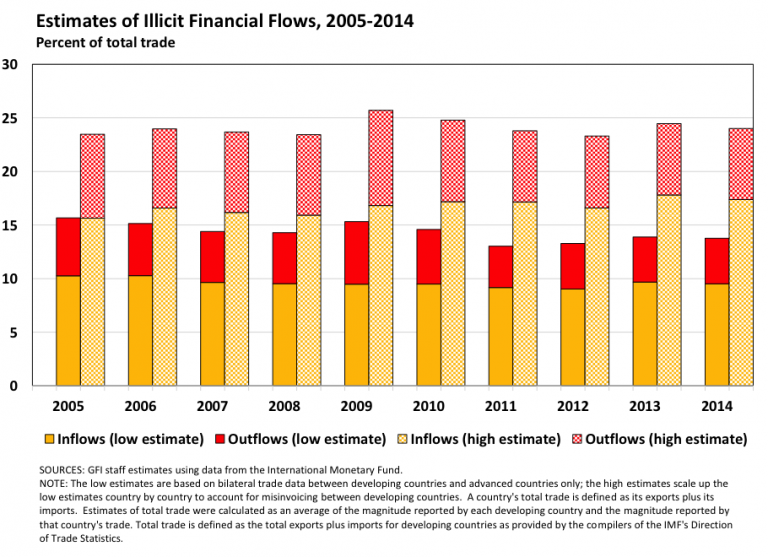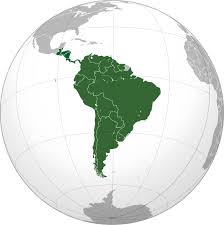TJN proudly unveils today its first public call among business leaders in Germany in support of a fully public and effective register of beneficial ownership (BO, or the real owners of companies). So far 12 German businesses with a combined turnover of more than €500 million have signed the petition for amending the current draft law on beneficial ownership. The call proposes amendments by making a BO registry fully public, and by ensuring that the real ultimate beneficial owner is always published, no matter in how many “shells” the German legal entity might be wrapped.
The call emphasises that the publication of the information on beneficial ownership would create a level playing field between currently transparent GmbHs (with domestic, non-legal person shareholders), and currently opaque AGs and GmbHs (with foreign legal person shareholders). At the moment, the users of offshore legal entities can enjoy the (rather sinful) fruits of anonymity while the names of domestic business owners with nothing to hide are often already made public.
Here is the call for signature, and here is the signed call with the current list of signatories (and here is a blog in German introducing the call). The timeline for signatures is tight. The parliamentary schedule foresees that on Wednesday, 26th April, the finance committee will discuss the law and the final discussions in the finance committee are scheduled to happen on 17 May. The final votes in the plenary Bundestag are planned on 18 and 19 May.
Please share this call among any business leader you know who might be interested and who might do business (including) through a German legal entity.
Continue reading “Business leaders for a public registry of beneficial ownership in Germany” →
 Continue reading “Bbumba: I Signed $157M Tax Waiver to Oil Company Without Reading Agreement”
Continue reading “Bbumba: I Signed $157M Tax Waiver to Oil Company Without Reading Agreement” 










